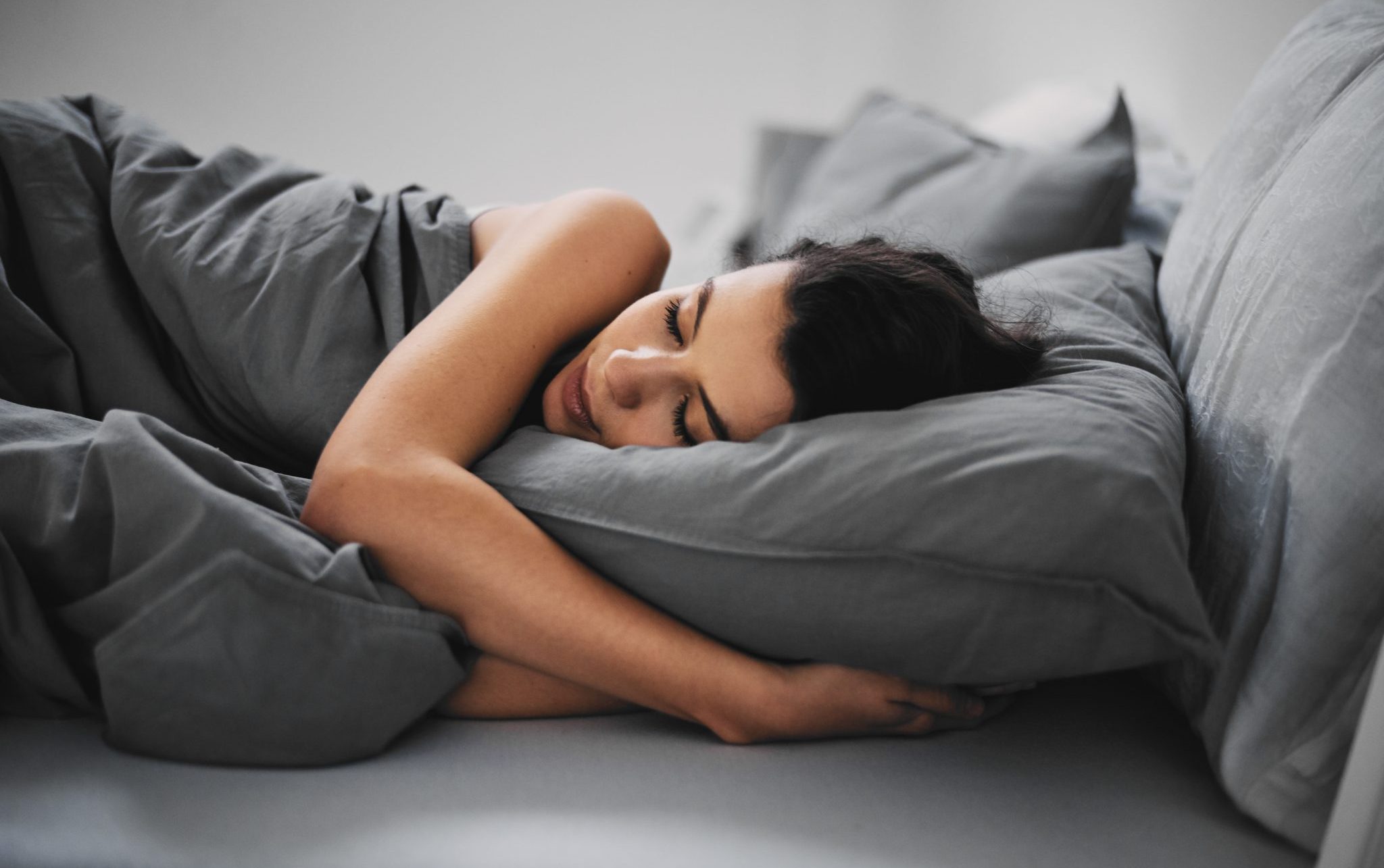There are a million and one reasons why you could be having trouble falling asleep at night––work stress, too many gadgets before bedtime, or perhaps you’re simply not tired. But, if you’ve explored all the common culprits, perhaps it’s time to consider the relationship between your thyroid and sleep.
The thyroid––what’s that?

In short, the thyroid is a small butterfly-shaped gland, located in the throat. It produces hormones that affect your metabolism. Disorders of the thyroid can wreak havoc on your body, so if you notice any symptoms that your thyroid isn’t working quite right, it’s best to get it checked out.
But, how do you know something is wrong? This is what to look out for:
- Weight loss or gain
- Swelling around the thyroid area
- A higher or lower heart rate than usual
- Low energy
- Mood swings
- Hair loss
- Feeling unusually hot or cold
While, of course, all these symptoms could be any number of other health issues, if you’re feeling not quite yourself and don’t know why, it might be worthwhile mentioning your concerns to your doctor.
Your thyroid and sleep

Now, that we know the basics, it’s time to get down to business––why does the thyroid affect your sleep?
As that helpful little gland in your neck regulates your hormones, this affects all kinds of functions in your body from heart rate to how anxious you are, and even how well you sleep.
Thyroid disorders come in two types; underactive, which is known as hypothyroidism, and overactive, also called hyperthyroidism. Each is problematic in its own right; let’s learn a little more.
Hyperthyroidism and sleep
Hyperthyroidism is what happens when that little gland goes into overdrive. It produces an excess of thyroid hormones, which makes your body feel anxious, worried and like something is about to happen, constantly.
While having extra energy might seem like a dream for some, that feeling doesn’t last. Soon you’ll be left feeling drained, but also still pretty jittery from those hormones coursing through your system.
If you are experiencing hyperthyroidism, it’s possible you’ll have trouble falling asleep and even when you do; you may suffer from night sweats, which makes that shut-eye much less productive.
Hypothyroidism and sleep
The opposite of hyperthyroidism, hypothyroidism is when the gland is producing less than an ideal amount of hormones, and this causes some serious effects on your body.
Those with hypothyroidism are likely to feel lethargic, find it hard to think clearly and, of course, have issues sleeping, both in quality and quantity. Thyroid issues can lead to excessive sleeping and suffers may find themselves unable to wake up easily, even after what should have been a good night’s rest.
As if not being able to sleep wasn’t bad enough, those who have problems with their thyroid gland may be at an increased risk of developing an unpleasant (and dangerous) condition called sleep apnea. An ailment in which breathing stops and starts while a person sleeps.
What causes thyroid disorders?

Hyper- and hypothyroidism can be caused by a number of factors including sleep deprivation, pregnancy, autoimmune disease, thyroid surgery, radiation therapy, diseases, iodine deficiency and certain medications.
However, this list is not exhaustive. And if you believe you are suffering from either one of these thyroid disorders, you should absolutely seek the help of a physician. They will run specific blood tests which detect the levels of thyroid hormone levels in your blood.
Once you know the results, the doctor will be able to prescribe a course of treatment, which will hopefully help return your hormone levels back to normal in no time at all.



































